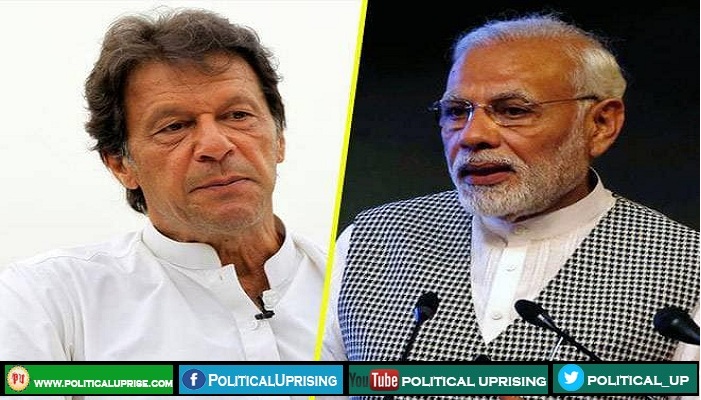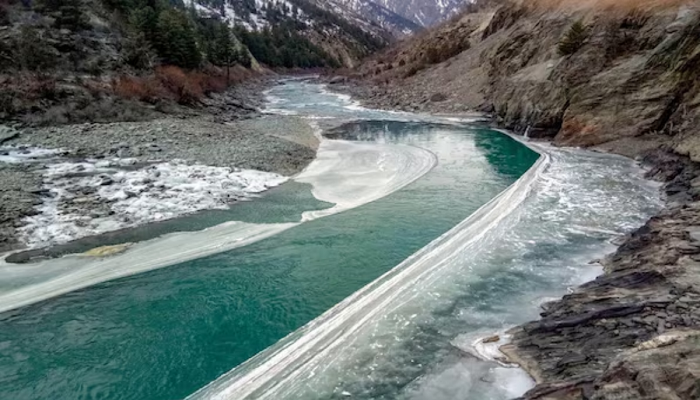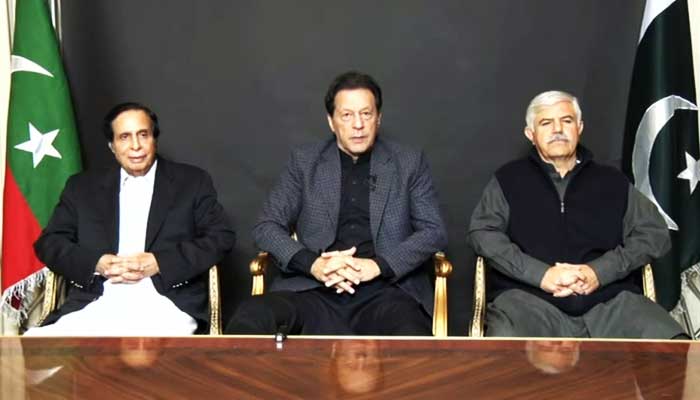The International Monetary Fund (IMF) has significantly tightened conditions for the release of Pakistan’s next loan tranche, highlighting a complex mix of fiscal challenges, geopolitical tensions, and climate vulnerabilities.
The development comes as Islamabad enters critical negotiations over its upcoming federal budget under the ongoing Extended Fund Facility (EFF).
During the latest round of policy-level discussions, the IMF stressed the need for urgent structural reforms, enhanced tax revenue generation, and disciplined public spending. The Fund urged the government to adopt alternative fiscal measures that protect vulnerable sectors, including lower-income groups and government employees, even as it demands tough economic adjustments.
In a rare and pointed observation, the IMF flagged persistent tensions between Pakistan and India as a direct threat to economic stability and investor confidence. The Fund also cautioned about potential external shocks, including additional U.S. tariffs, which could further strain Pakistan’s already fragile balance of payments.
India’s Diplomacy Tested in Kashmir Ceasefire as Pakistan Finance Minister Downplays Fiscal Impact
Despite a slight reduction in uncertainty, the IMF warned that instability—both perceived and real—continues to undermine Pakistan’s reform momentum and investment environment.
The IMF has proposed ambitious yet conditional economic growth targets for the next fiscal year:
- GDP Growth Target: 4.4%
- Agriculture Sector: 4.8%
- Industry Sector: 4.8%
- Services Sector: 4.3%
These figures will be finalized during the Annual Plan Coordination Committee (APCC) meeting and submitted to the National Economic Council (NEC) for final approval.
The Fund has insisted on timely adjustments to electricity and gas prices, alongside the gradual withdrawal of tax exemptions granted to industries operating in Special Economic Zones (SEZs). These measures aim to reduce fiscal slippages and improve efficiency in revenue collection.
Moreover, the IMF has called for parliamentary approval of the federal budget, agricultural income tax reforms, and a time-bound phase-out plan for industrial incentives by the end of 2025.

Recognizing Pakistan among the top 15 countries most vulnerable to climate change, the IMF has committed to disburse $410 million in climate financing under a $1.4 billion package next fiscal year. However, this financing is contingent upon performance in the upcoming second economic review.
The IMF’s climate-linked demands include:
- Accelerating the shift to electric vehicles
- Reducing reliance on coal-fired power plants
- Increasing the share of renewable energy
- Launching a 10-year national tree plantation drive
- Cutting greenhouse gas emissions by 15% by 2030
“These goals must be fully integrated into Pakistan’s broader economic reform strategy,” the IMF emphasized, noting that climate resilience remains a critical weakness in the country’s development framework.
Despite the stringent terms, the Government of Pakistan has reiterated its commitment to the IMF program, with Finance Ministry officials confirming that the upcoming budget will reflect the Fund’s recommendations.
Pakistan’s Growing Role in SCO Economic Cooperation: Ministerial Talks Shape Future
The final agreement on loan disbursement and climate-linked financing will depend on the outcome of ongoing budget negotiations, including final decisions on growth assumptions, tax measures, and climate adaptation strategies.
As Pakistan walks a tightrope between economic stabilization and political feasibility, the upcoming federal budget is expected to be a litmus test of the government’s ability to balance IMF-driven reform pressures with the needs of its domestic constituents.



